Home>diy>Building & Construction>Who Runs A Construction Site
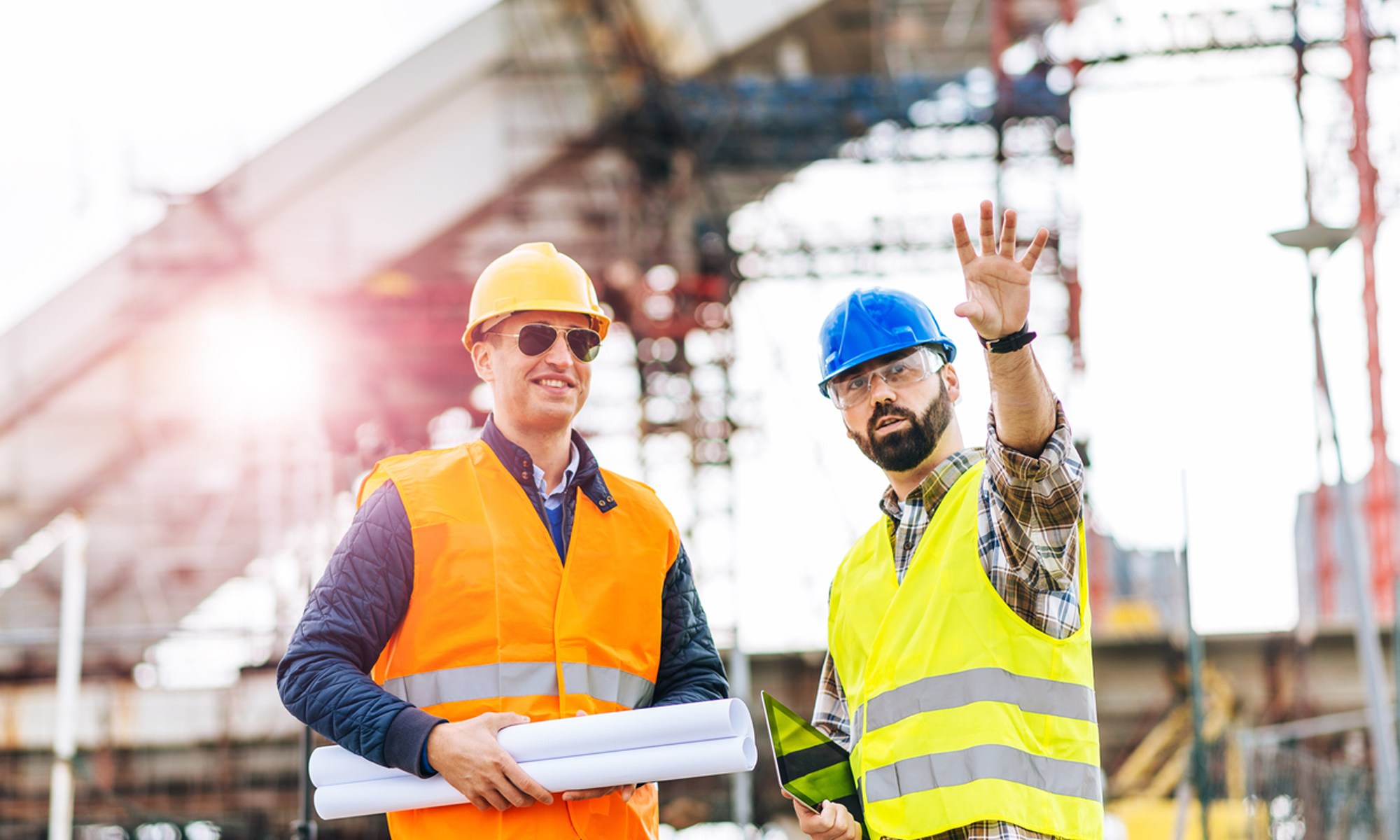

Building & Construction
Who Runs A Construction Site
Modified: September 1, 2024
Discover who manages a construction site and oversees building construction projects. Learn about the key roles and responsibilities involved in ensuring successful construction operations.
(Many of the links in this article redirect to a specific reviewed product. Your purchase of these products through affiliate links helps to generate commission for Storables.com, at no extra cost. Learn more)
Introduction
When you visit a construction site, it’s easy to see the bustling activity and the multitude of workers diligently working to bring a project to life. But have you ever wondered who is in charge of overseeing and managing the entire operation?
A construction site is a complex organism, requiring careful coordination and expertise from various individuals to ensure its successful execution. In this article, we will introduce you to the key players who run a construction site, from the top-level management to the dedicated workers on the ground.
Each role has its own distinct responsibilities and contributions, all working together to bring a construction project from conception to completion. So, let’s dive in and explore who runs a construction site.
Key Takeaways:
- The construction site is a collaborative effort, with the project manager overseeing the entire project, the site manager ensuring daily operations run smoothly, and the construction foreman leading the construction crew.
- Engineers, architects, construction workers, safety officers, quality control managers, and subcontractors all play vital roles in bringing construction projects to life, ensuring safety, quality, and efficiency.
Read more: What Is A Construction Site
Project Manager
At the helm of the construction site is the project manager. This individual is responsible for overseeing the entire construction project from start to finish. They are the driving force behind the successful completion of the project, coordinating all aspects of the construction process.
The project manager plays a pivotal role in the planning stage. They collaborate with clients, architects, and engineers to develop a comprehensive project plan. This includes establishing goals, setting timelines, and creating budgets. They ensure that the project is aligned with the client’s vision while adhering to legal and safety regulations.
During the construction phase, the project manager serves as the central point of communication. They liaise with all stakeholders involved, including subcontractors, suppliers, and the site team. They monitor progress, resolve any issues or conflicts that arise, and ensure that the project stays on track.
Additionally, project managers are responsible for budget management. They allocate resources efficiently, keeping a close eye on costs and monitoring expenditures. They also manage contracts and negotiate with vendors to ensure competitive pricing and quality materials.
Effective communication and leadership skills are vital for a project manager. They must be able to clearly convey expectations and instructions to the team, motivating them to perform at their best. They also ensure that all workers are adhering to safety protocols, minimizing the risk of accidents or incidents on the construction site.
Ultimately, project managers are accountable for timely project delivery and overall project success. Their ability to multitask, make crucial decisions, and adapt to unforeseen circumstances is essential in the fast-paced and dynamic world of construction.
Site Manager
Working closely with the project manager is the site manager, who oversees the day-to-day operations on the construction site. They are responsible for translating the project plan into actionable tasks and ensuring that work progresses smoothly.
The site manager is involved in coordinating and supervising all activities on the construction site. They manage the site team, including the construction foreman and workers, and ensure that everyone is working efficiently and safely. They allocate resources and equipment, plan work schedules, and monitor progress to ensure the project remains on track.
One of the key responsibilities of the site manager is to maintain a safe working environment. They implement and enforce safety protocols, conduct regular site inspections, and address any potential hazards or safety concerns. The site manager plays a crucial role in promoting a culture of safety among the site workers, prioritizing their well-being and minimizing the risk of accidents.
In addition to safety, the site manager is also responsible for quality control. They ensure that all work completed on the site meets the required standards and specifications. This involves conducting inspections, reviewing documentation, and addressing any issues or deficiencies to maintain the desired level of quality.
Effective communication and coordination skills are essential for the site manager. They act as a liaison between the project manager, engineers, architects, and subcontractors, ensuring that information flows smoothly between all parties involved. They also address any concerns or issues raised by the site team or stakeholders, facilitating clear and efficient communication.
The site manager must possess strong leadership qualities to motivate and inspire the site team. They must be able to delegate tasks, provide guidance, and manage conflicts that may arise. Their ability to make decisions on the spot and adapt to changing circumstances is critical in ensuring the successful execution of the construction project.
In summary, the site manager is responsible for the day-to-day operations on the construction site. They play a central role in implementing the project plan, maintaining safety and quality standards, and keeping the project on schedule.
Construction Foreman
In any construction site, the construction foreman is the vital link between the site manager and the workers on the ground. They are responsible for leading and supervising the construction crew, ensuring that the work is carried out efficiently and according to the project plans.
The construction foreman is involved in several key aspects of the construction process. They assign tasks to the workers, provide guidance and instructions, and oversee the progress of the work. They are responsible for managing the daily work schedule, coordinating with other teams on-site, and ensuring that deadlines are met.
One of the primary responsibilities of the construction foreman is managing the workforce. They assess the skills and capabilities of the workers, assign them to appropriate tasks, and provide training when necessary. They also monitor performance, provide feedback, and take necessary disciplinary actions if required.
Time management is crucial for a construction foreman. They must coordinate different tasks, materials, and equipment in a way that maximizes productivity and minimizes downtime. They work closely with the site manager to ensure that resources are allocated efficiently to maintain the project timeline.
Additionally, the construction foreman plays a key role in maintaining safety standards on the construction site. They enforce safety protocols and ensure that all workers are following the necessary precautions. They conduct regular safety briefings, inspect work areas for potential hazards, and address any safety concerns promptly.
Communication skills are essential for a construction foreman. They act as a bridge between the site manager and the workers, conveying instructions, relaying information, and addressing any concerns or issues that may arise. They must be able to communicate effectively with different individuals, including subcontractors, suppliers, and other teams on-site.
A construction foreman must possess strong leadership qualities. They need to motivate and inspire the workers, ensuring that they are performing at their best. They also need to mediate conflicts and manage any issues that may arise within the construction crew.
In summary, the construction foreman plays a critical role in supervising the construction crew and ensuring that the work progresses smoothly. They are responsible for managing the workforce, maintaining safety standards, and coordinating with other teams on the construction site.
Engineers
Engineers are an essential part of any construction site, bringing their expertise to ensure the successful execution of the project. They play a crucial role in the planning, design, and implementation of various aspects of the construction process.
There are different types of engineers involved in a construction project, each specializing in a particular field. Civil engineers are responsible for the overall design and engineering of the project. They create detailed plans and drawings, perform structural analysis, and ensure the construction meets building codes and regulations.
Structural engineers focus specifically on the structural integrity of the project. They analyze and design the framework of buildings, bridges, and other structures, ensuring they can withstand the anticipated loads and forces.
Mechanical engineers are responsible for the design and installation of mechanical systems within the construction project. This could include heating, ventilation, and air conditioning (HVAC) systems, as well as plumbing and fire protection systems.
Electrical engineers handle the electrical systems throughout the construction project. They design and oversee the installation of wiring, lighting, power distribution, and other electrical components.
These engineers work closely with the project manager, architects, and other professionals to ensure that the construction plans are feasible, efficient, and safe. They provide technical expertise and guidance, conducting site inspections, performing calculations, and solving engineering problems that may arise during the construction process.
Engineers also play a vital role in quality control and assurance. They monitor the construction site to ensure that the work is being carried out according to the engineering plans and specifications. They conduct tests, perform evaluations, and review documentation to ensure that the construction meets the required standards of quality.
Furthermore, engineers are responsible for addressing any design changes or unforeseen challenges that may arise during construction. They propose solutions, make necessary adjustments to the plans, and ensure that the project stays on track.
Engineers must possess strong technical knowledge, problem-solving skills, and attention to detail. They must stay updated with the latest industry standards and regulations and apply them in their work. Strong communication skills are also vital for engineers, as they need to collaborate with other professionals and effectively convey technical information to non-technical stakeholders.
In summary, engineers bring their specialized knowledge and expertise to the construction site. They play a crucial role in the planning, design, and implementation of various aspects of the project, ensuring its successful execution.
Read more: How To Be A Construction Site Supervisor
Architects
Architects are the creative minds behind the design and aesthetics of a construction project. They blend artistry and functionality to create visually stunning and functional spaces.
Architects work closely with the project manager, engineers, and clients to understand their vision and requirements. They translate these ideas into tangible design concepts by creating detailed drawings, plans, and specifications.
One of the primary responsibilities of architects is to ensure that the design meets the client’s needs and expectations. They incorporate the client’s preferences, budget, and functional requirements into the design while adhering to building codes and regulations.
Architects consider both the aesthetic and practical aspects of the project. They take into account factors such as natural light, ventilation, acoustics, and energy efficiency to create spaces that are not only visually appealing but also comfortable and sustainable.
During the construction phase, architects collaborate closely with the project manager and engineers to ensure that the design is implemented correctly. They provide guidance and clarification to contractors and subcontractors, addressing any design-related queries or issues that may arise.
Architects are also responsible for managing the construction documentation and specifications. They create detailed drawings, schedules, and material specifications that outline the design and construction requirements.
Additionally, architects oversee the selection and integration of materials, finishes, and furnishings. They work with suppliers and contractors to ensure that the chosen materials align with the project’s design and budget.
Communication and collaboration skills are crucial for architects. They need to effectively communicate their design ideas to clients and stakeholders, as well as coordinate with the project team to ensure the seamless integration of the design into the construction process.
Architects must possess a keen eye for detail, creativity, and a deep understanding of construction techniques and materials. They must also stay updated with the latest industry trends, building codes, and sustainable design practices.
In summary, architects are integral to the construction process, bringing their creativity and design expertise to create visually appealing and functional spaces. They collaborate with clients, project managers, engineers, and contractors to ensure that the design vision is successfully translated into reality.
The construction site is typically run by a project manager or a construction superintendent who oversees the day-to-day operations, manages the workforce, and ensures that the project is completed on time and within budget.
Construction Workers
Construction workers are the backbone of any construction site, carrying out the physical tasks necessary to bring a project to life. They are skilled professionals who perform a wide range of manual labor and technical tasks to ensure the successful execution of the construction project.
Construction workers are divided into various trades based on their areas of expertise. These trades include carpenters, masons, electricians, plumbers, welders, painters, and many others. Each trade brings a unique skill set and plays a crucial role in the construction process.
Carpenters are responsible for tasks like framing, installing doors and windows, and building structures. Masons work with materials such as bricks, concrete, and stones to construct walls, foundations, and other structures.
Electricians install and maintain electrical systems, ensuring that the wiring, lighting, and electrical components are safely and efficiently installed. Plumbers handle all the plumbing installations and systems, including piping, fixtures, and drainage systems.
Painters apply paint, varnish, and other finishes to surfaces, enhancing the aesthetics of the completed construction project. Welders join metal parts together by heating and melting them, incorporating metal elements into the construction.
These are just a few examples of the multitude of trades and specialties within the construction industry. Each trade requires specific skills and expertise to perform their tasks efficiently and effectively.
Construction workers follow the instructions provided by the project manager, site manager, and foreman. They use various tools, machinery, and equipment to complete their assigned tasks accurately and safely.
Safety is paramount for construction workers. They follow strict safety protocols, including wearing personal protective equipment (PPE) and following safety guidelines to prevent accidents and minimize risks on the construction site.
Construction workers must possess physical stamina, as the work often involves manual labor and long hours. They need to be adaptable and able to work in various weather conditions and environmental settings.
Teamwork and communication skills are essential for construction workers. They collaborate with other workers, subcontractors, and supervisors to ensure smooth coordination and completion of tasks. Effective communication helps to maintain the site’s safety and productivity.
In summary, construction workers are highly skilled individuals who perform the physical labor and technical tasks required to bring a construction project to fruition. They play a crucial role in executing the plans and turning the vision into reality.
Safety Officer
The safety officer is a critical role on any construction site, responsible for ensuring the safety and well-being of all workers. They play a vital role in implementing and enforcing safety policies, procedures, and regulations to minimize the risk of accidents and promote a culture of safety.
Safety officers are responsible for conducting regular inspections and audits to identify potential hazards and ensure compliance with safety standards. They assess the construction site and its activities, looking for any potential risks or unsafe practices. They also evaluate the effectiveness of safety measures and recommend improvements where necessary.
One of the primary tasks of a safety officer is to develop and implement safety programs and training. They develop safety policies and procedures that align with local regulations and industry best practices. They conduct safety training sessions for workers, educating them on the proper use of equipment, safe work practices, and emergency procedures.
Safety officers collaborate closely with the project manager, site manager, and other stakeholders to integrate safety into every aspect of the construction project. They provide expertise and guidance during the planning and design phase, ensuring that safety considerations are factored into the project plans.
During the construction phase, safety officers monitor and enforce compliance with safety protocols. They conduct regular site walkthroughs, identify potential hazards, and take immediate corrective action to mitigate risks. They also investigate incidents or accidents that occur on-site, identifying their root causes and implementing measures to prevent similar incidents in the future.
Effective communication skills are crucial for safety officers as they need to convey safety instructions, provide training, and raise awareness about potential hazards. They act as a resource for workers, answering questions, addressing concerns, and promoting a safety-first mindset among the workforce.
Safety officers must stay updated with the latest safety regulations and industry standards. They attend training programs, seminars, and workshops to enhance their knowledge and skills. They also keep abreast of technological advancements and innovative safety practices that can be implemented to improve site safety.
In summary, safety officers play a vital role in maintaining a safe and secure construction site. Their responsibilities include implementing safety programs, conducting inspections, providing training, and enforcing safety standards. Their expertise and diligence help create a culture of safety and ensure the well-being of all workers.
Quality Control Manager
A quality control manager is responsible for ensuring that construction projects meet the required standards of quality and are executed with precision and accuracy. They play a crucial role in maintaining the integrity and excellence of the construction work.
The quality control manager is involved in all stages of the construction process, from planning to completion. They develop and implement quality control procedures and protocols to ensure that all work meets or exceeds industry standards and client expectations.
One of the primary responsibilities of a quality control manager is to establish quality control plans. They work closely with the project manager, engineers, and architects to define quality standards, specifications, and acceptance criteria. They create inspection and testing schedules to verify compliance with these requirements.
During the construction phase, quality control managers supervise and oversee the inspection and testing processes. They ensure that all materials used on the construction site are of the specified quality and meet the necessary standards. They coordinate with suppliers and subcontractors to ensure that the materials delivered are in accordance with the project specifications.
Quality control managers conduct regular inspections and audits to identify any deviations from the defined quality standards. They perform visual inspections, measurements, and tests to assess the workmanship and ensure that all aspects of the construction, including structural elements, finishes, and systems, meet the necessary quality criteria.
If any issues or non-conformities are identified, the quality control manager takes immediate corrective action. They work with the construction team to address deficiencies, propose solutions, and implement necessary modifications to bring the work back up to the required quality standards.
Effective documentation and record-keeping are vital aspects of quality control management. The quality control manager maintains accurate and detailed records of inspections, tests, and remedial actions taken. They generate reports and communicate the findings to the project team, stakeholders, and clients.
Communication and collaboration skills are crucial for quality control managers. They liaise with various teams, including project managers, site managers, engineers, subcontractors, and workers, to ensure a shared understanding of quality requirements. They provide guidance and advice on quality-related issues and facilitate open communication channels to address any concerns or questions that may arise.
In summary, quality control managers are responsible for ensuring that construction projects meet the highest standards of quality. Their role involves establishing quality control plans, conducting inspections and tests, addressing non-conformities, and maintaining accurate documentation. Their efforts contribute to the successful delivery of construction projects that meet client expectations and regulatory requirements.
Read more: What Is A Site Plan In Construction
Subcontractors
Subcontractors are an integral part of the construction industry, providing specialized services and expertise that contribute to the successful completion of construction projects. They are hired by the main contractor or project manager to handle specific aspects of the construction process.
Subcontractors bring their specialized skills and knowledge to the project, focusing on a specific trade or service. They can include electricians, plumbers, HVAC technicians, carpenters, painters, and many other trades. Each subcontractor plays a vital role in their respective area of expertise, contributing to the overall construction project.
Subcontractors are responsible for executing specific tasks outlined in the construction project plan. They collaborate closely with the project manager, site manager, and other stakeholders to understand the scope of work, timelines, and quality requirements.
One of the key benefits of subcontractors is their ability to provide specialized services. They have deep expertise in their respective trades, allowing them to carry out their tasks efficiently and to a high standard. Their knowledge and experience contribute to the quality and craftsmanship of the construction project.
Subcontractors are typically responsible for their own workforce, equipment, and materials. They manage their team of workers, ensuring that they are properly trained and equipped to complete the assigned tasks. They also handle the procurement and management of the necessary materials and equipment needed for their work.
Communication and coordination with subcontractors are essential for the seamless execution of the construction project. The project manager or site manager communicates with subcontractors to ensure that their work aligns with the overall project timeline and that all necessary resources are available to carry out their tasks.
Quality control is a shared responsibility between subcontractors and the project team. Subcontractors are expected to deliver their work to the required quality standards, following the specifications and plans provided. However, it is the responsibility of the project manager or quality control manager to conduct inspections and audits to ensure that the work meets the desired level of quality.
Subcontractors play a vital role in maintaining safety on the construction site. They are responsible for adhering to safety regulations and ensuring that their work is conducted safely. They follow the site safety protocols and coordinate with other teams to avoid any safety hazards or conflicts.
In summary, subcontractors bring specialized skills and expertise to the construction project, contributing to the successful completion of specific tasks or trades. Their collaboration, adherence to quality standards, and focus on safety ensure that the overall construction project is executed smoothly and to the highest standards.
Conclusion
A construction site is a dynamic and complex environment, requiring the expertise and coordination of multiple individuals to bring a project to fruition. Each role from the project manager to the subcontractors plays a crucial part in the successful execution of a construction project.
The project manager serves as the driving force behind the project, overseeing all aspects from planning to budget management. Working closely with them is the site manager, who ensures that daily operations run smoothly and that safety measures are implemented.
The construction foreman leads the construction crew, allocating tasks and ensuring work is carried out efficiently. Engineers and architects bring their expertise to the project, overseeing the design and structural integrity of the construction.
Construction workers, including various trades, provide the manpower to complete the physical tasks necessary for the construction process. Safety officers prioritize the well-being of everyone on-site, while quality control managers ensure that the work meets the desired standards of quality.
Lastly, subcontractors bring their specialized skills to handle specific aspects of the construction project, contributing to the overall success and craftsmanship of the final result.
In conclusion, a construction site is a collaborative effort where each role and individual contributes to the overall success of the project. The coordination and dedication of these professionals ensure that the construction project is completed safely, efficiently, and to the highest standards of quality.
So, the next time you pass by a construction site, remember the diverse team of experts working diligently behind the scenes, turning architectural plans into tangible structures that shape our cities and communities.
Frequently Asked Questions about Who Runs A Construction Site
Was this page helpful?
At Storables.com, we guarantee accurate and reliable information. Our content, validated by Expert Board Contributors, is crafted following stringent Editorial Policies. We're committed to providing you with well-researched, expert-backed insights for all your informational needs.
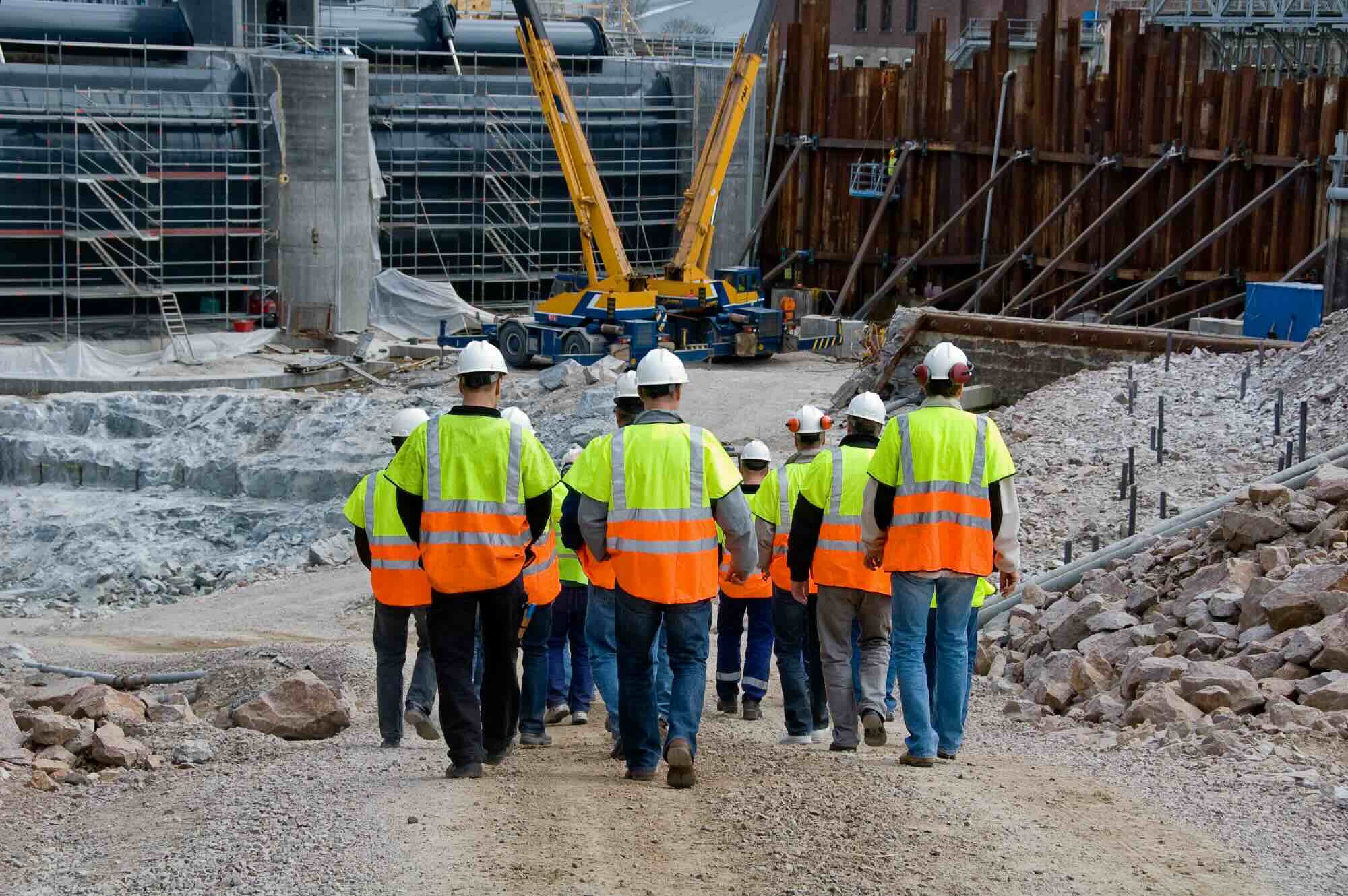
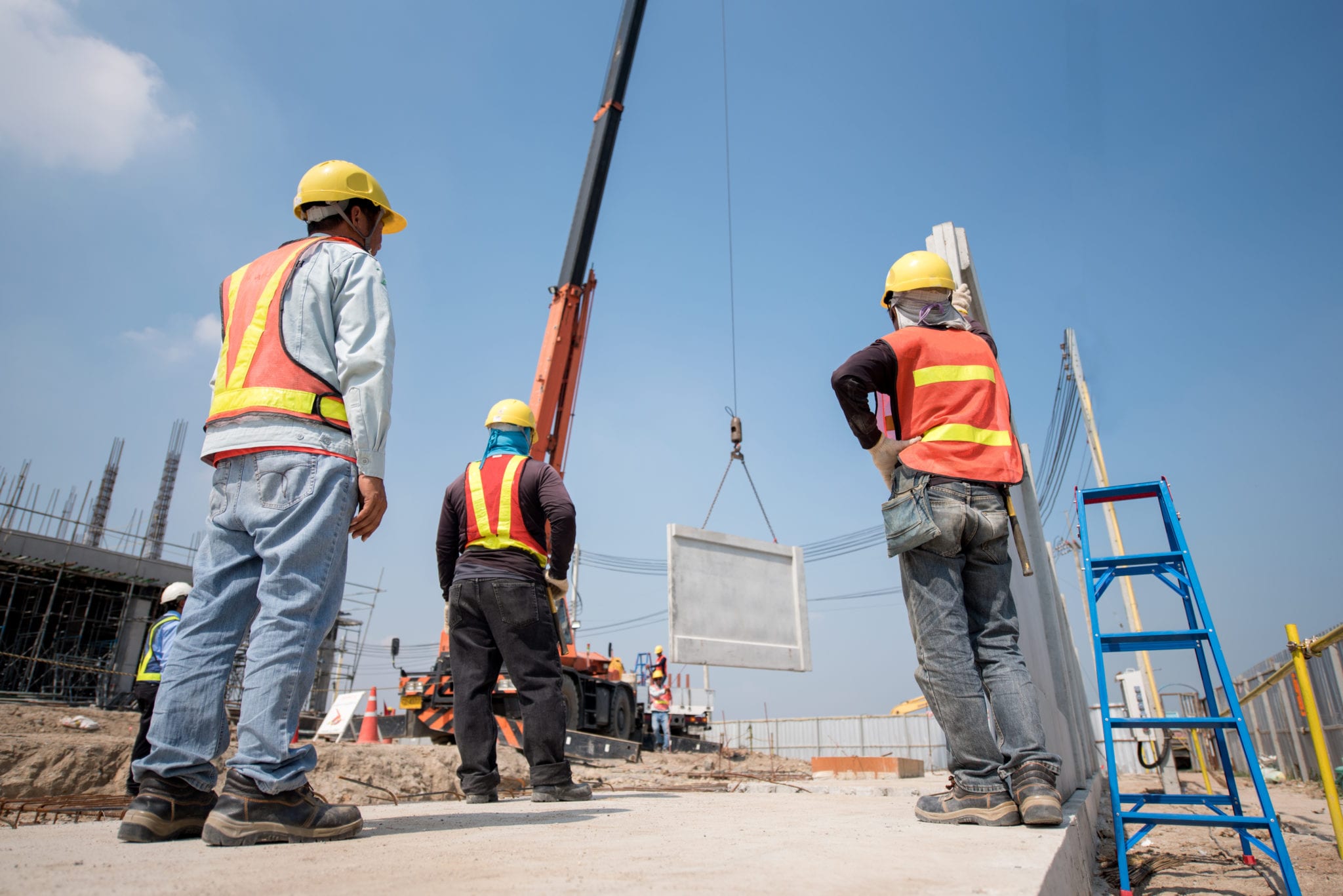
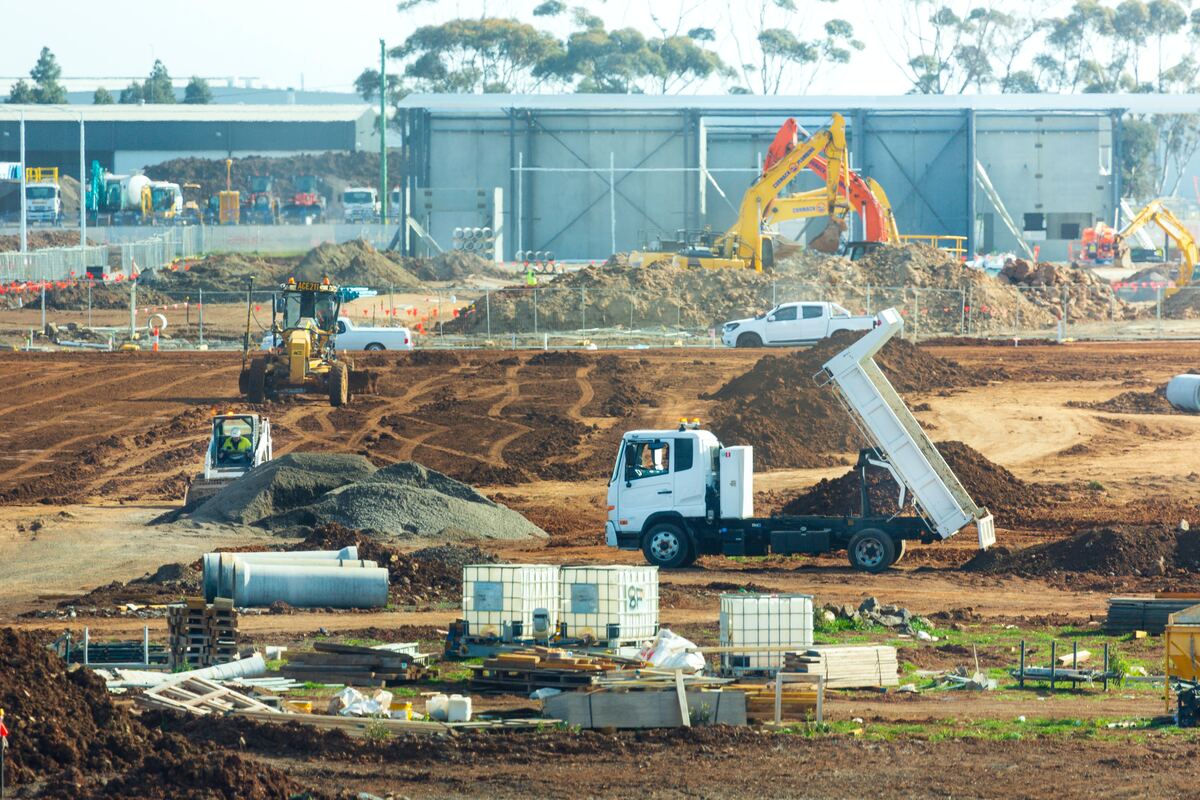
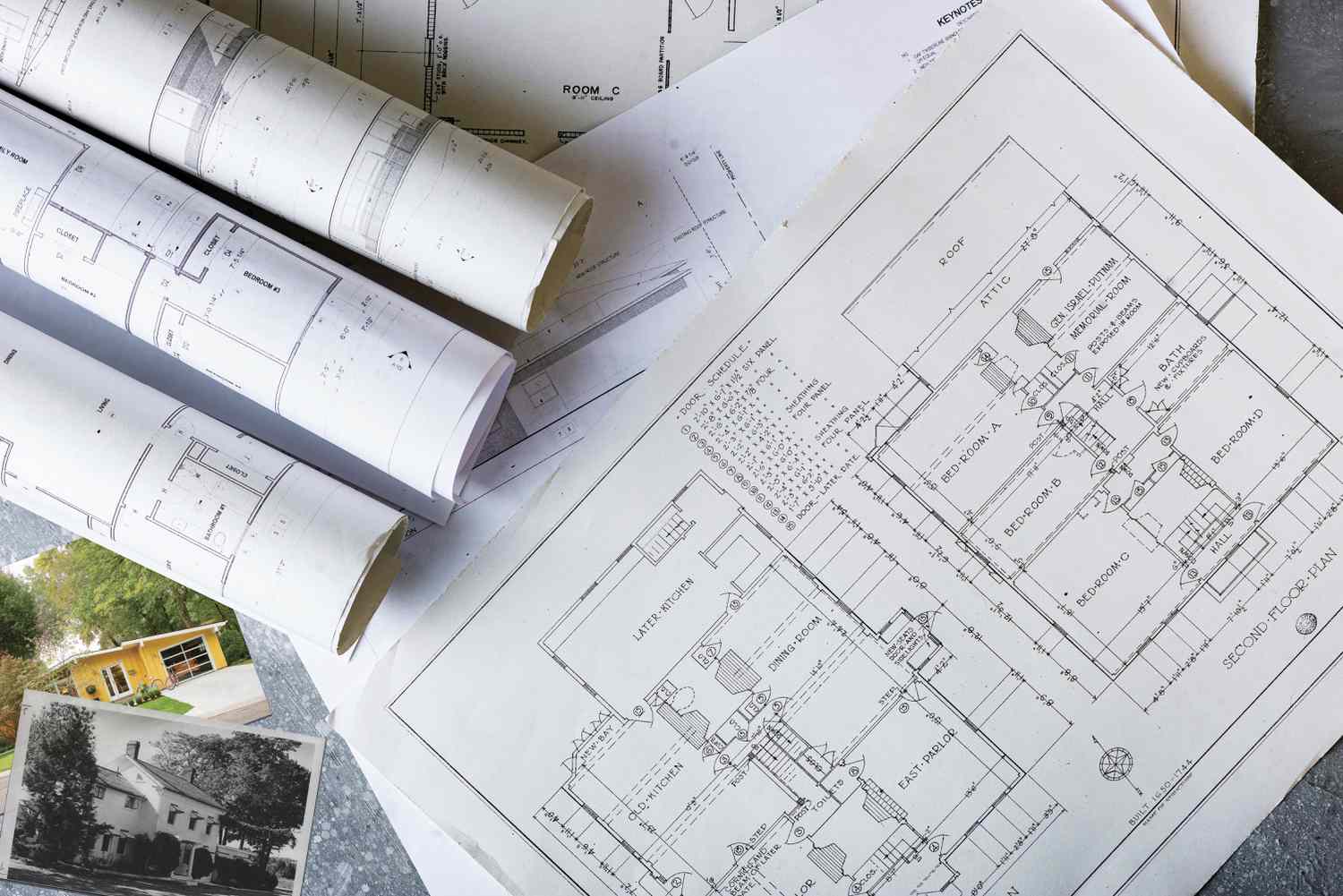


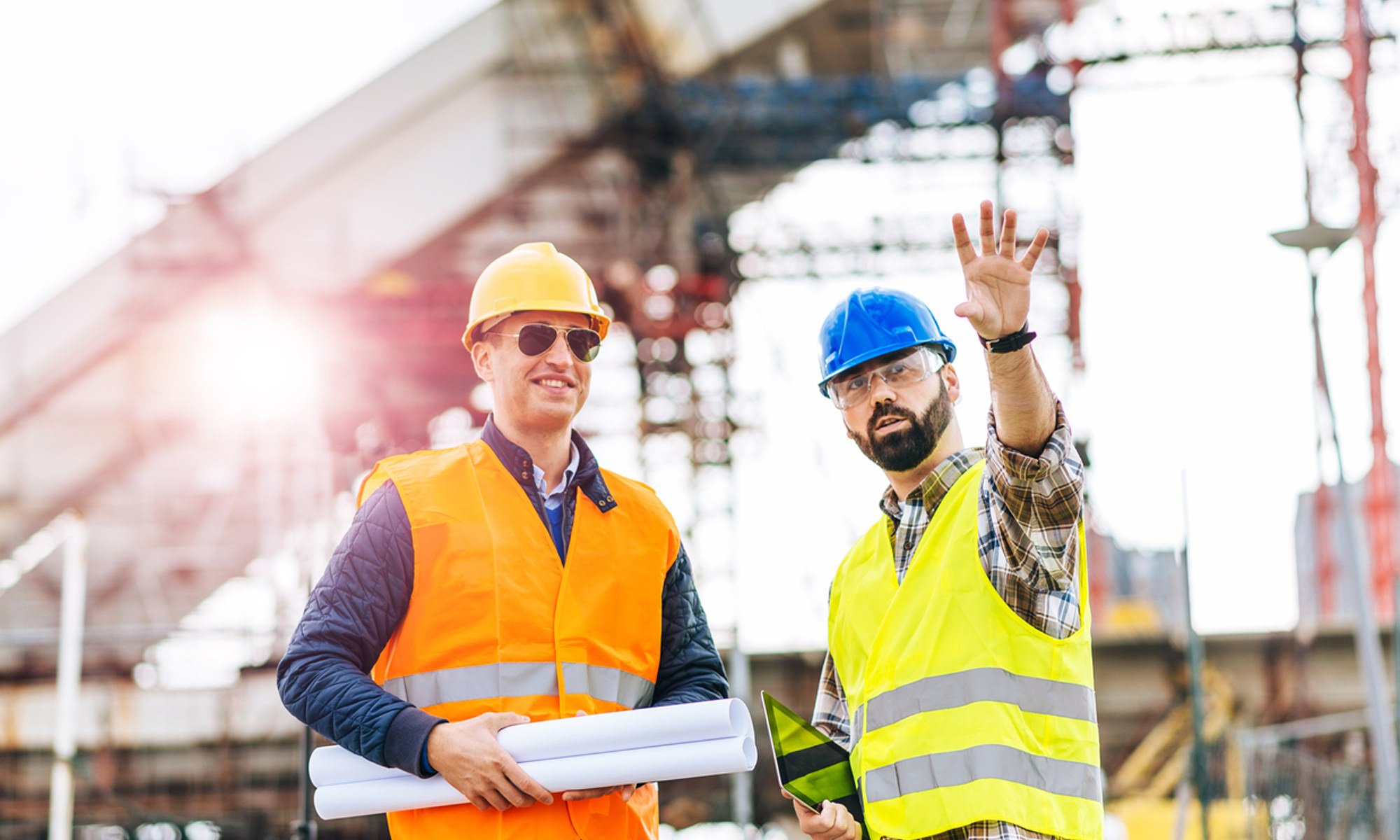
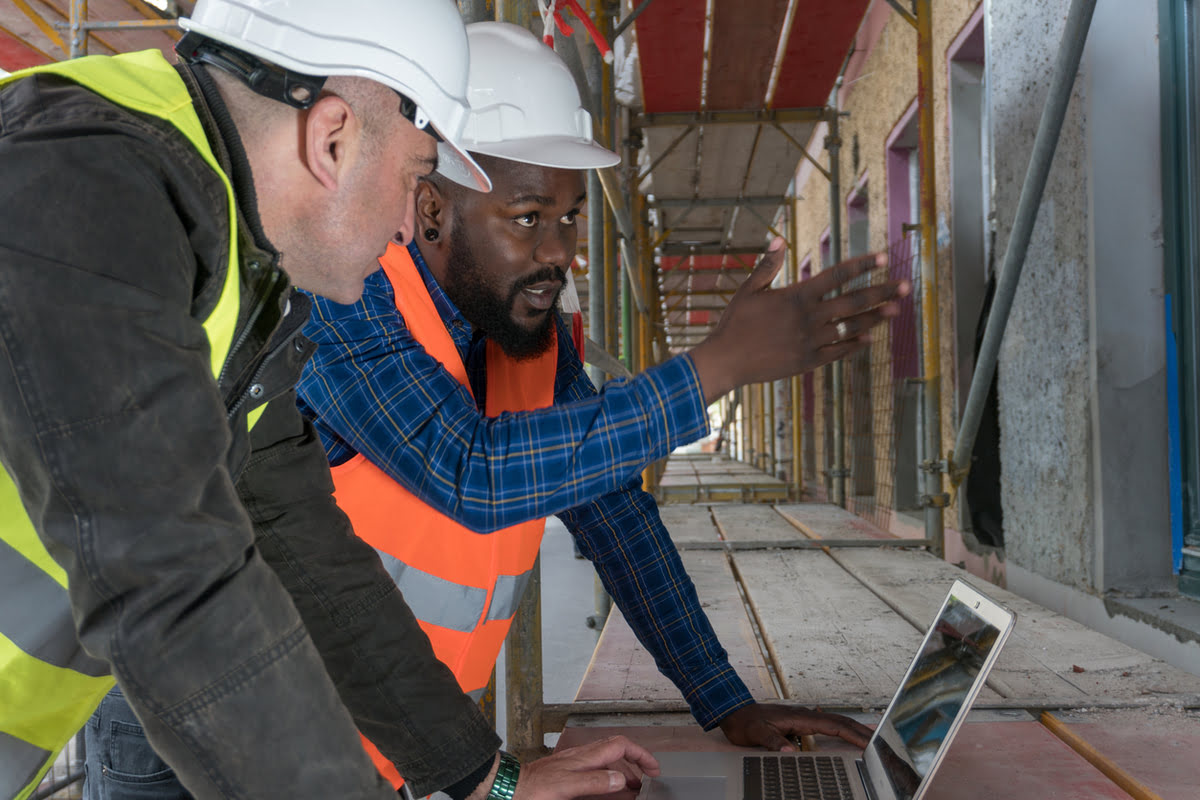
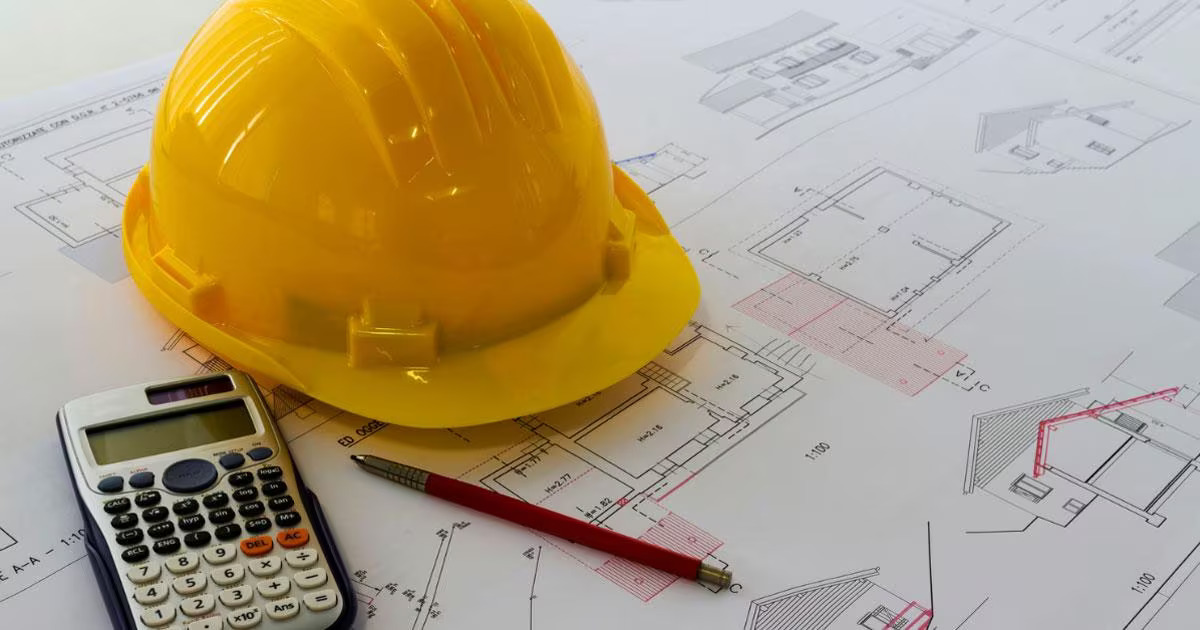
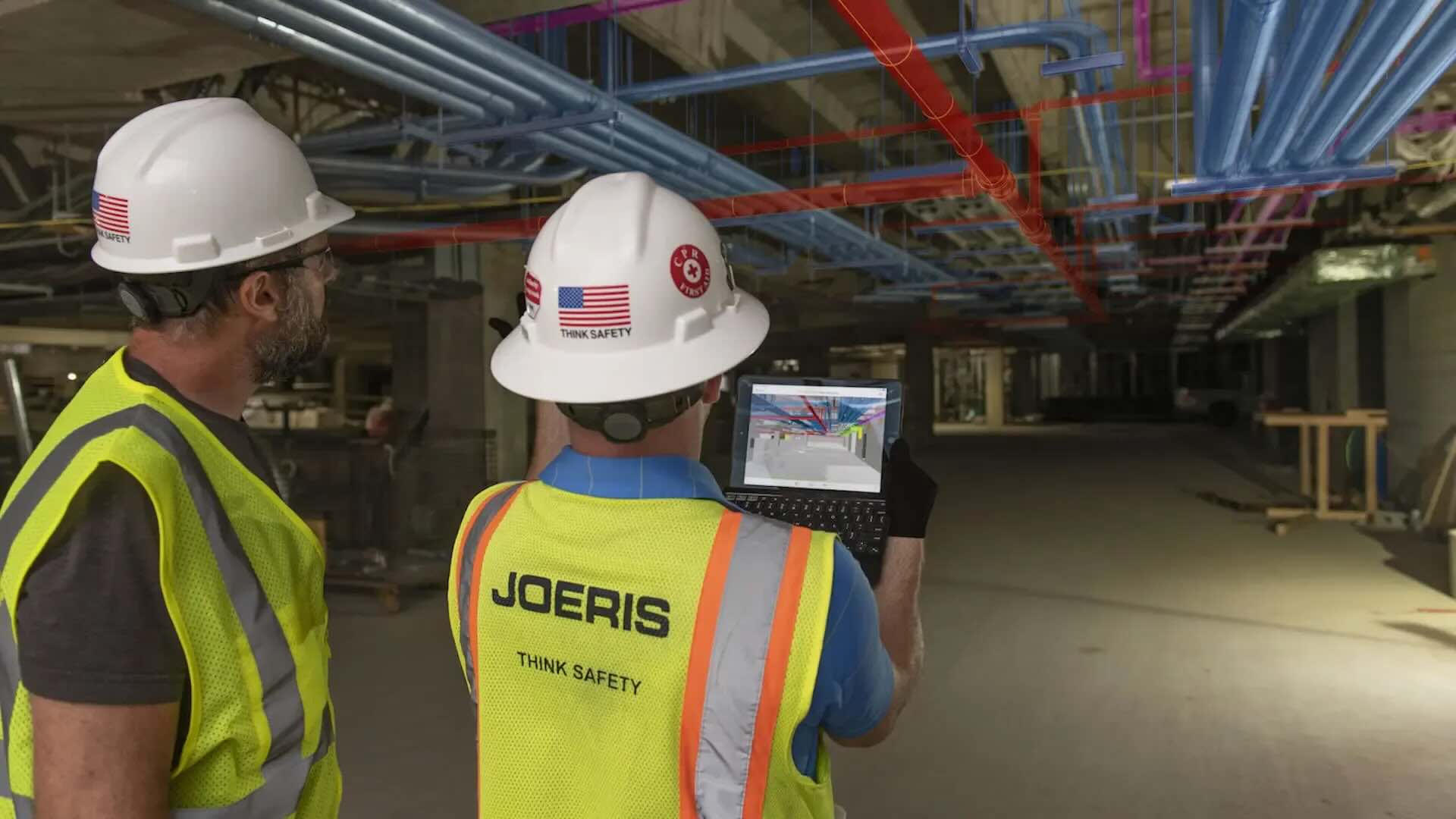
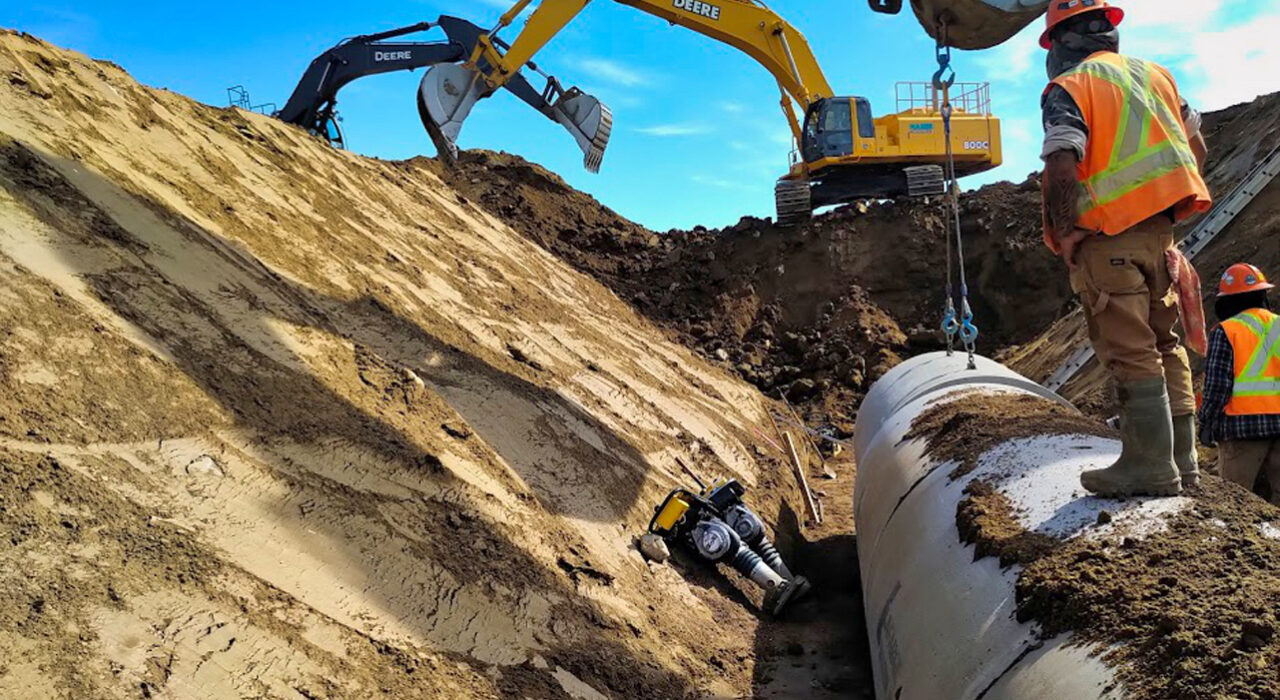
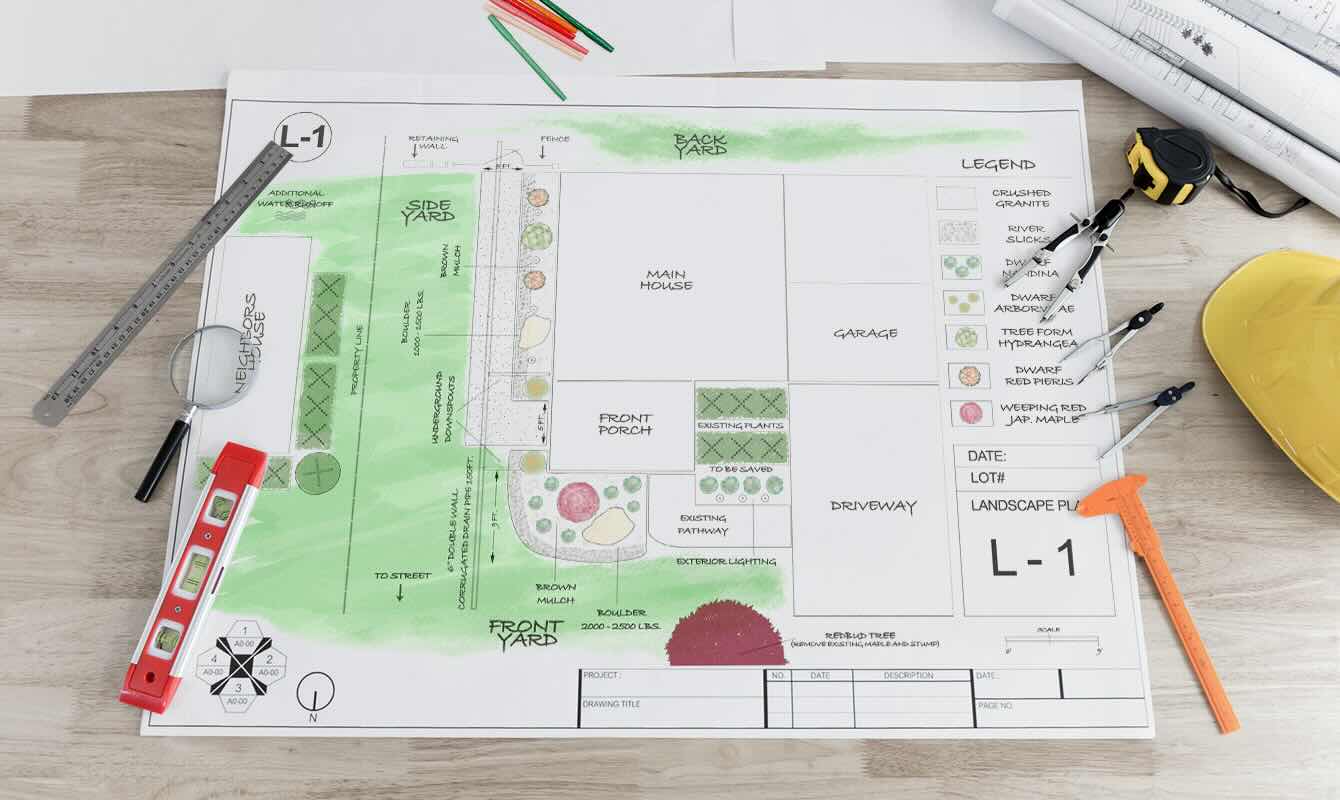
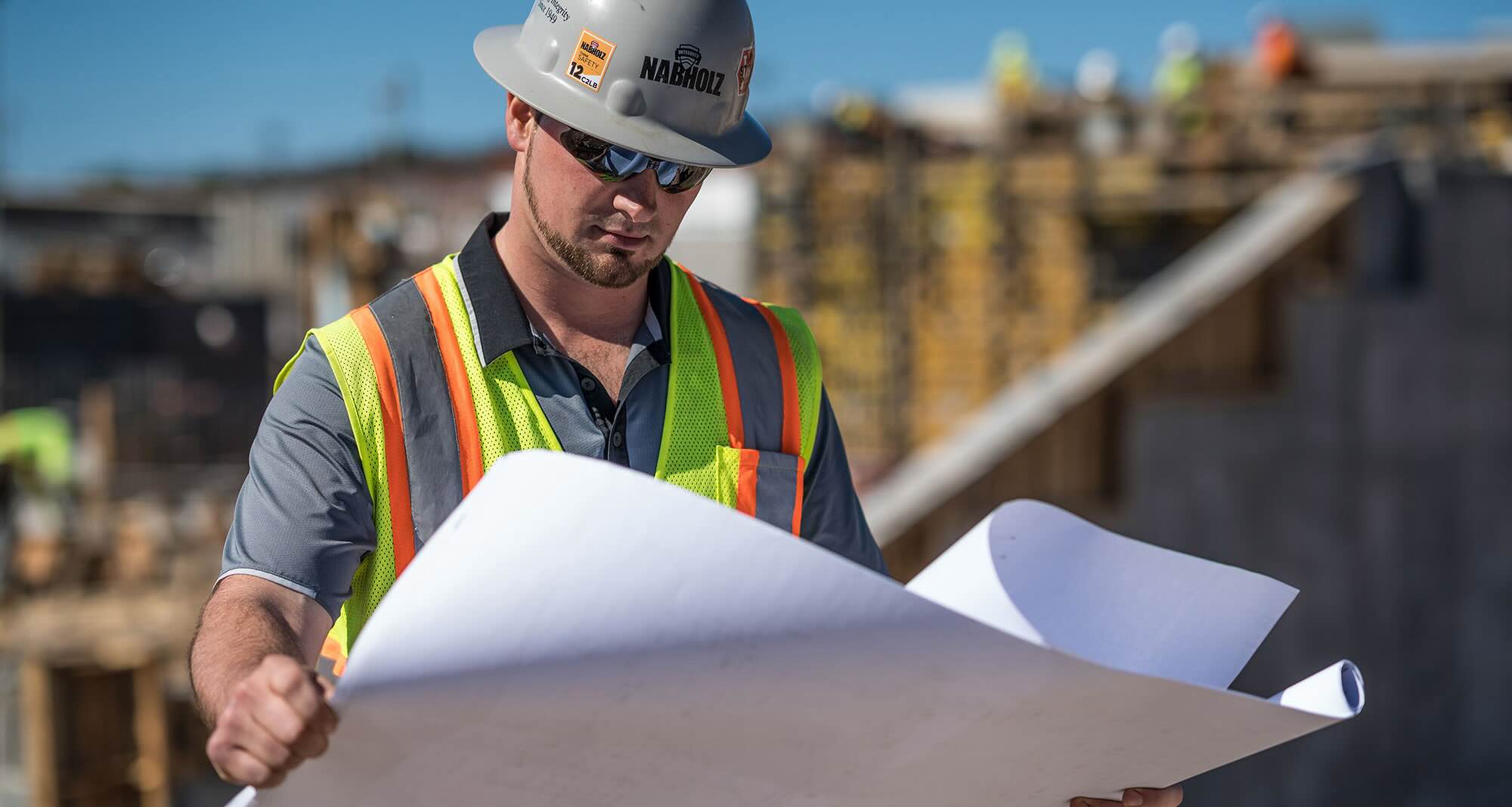

0 thoughts on “Who Runs A Construction Site”